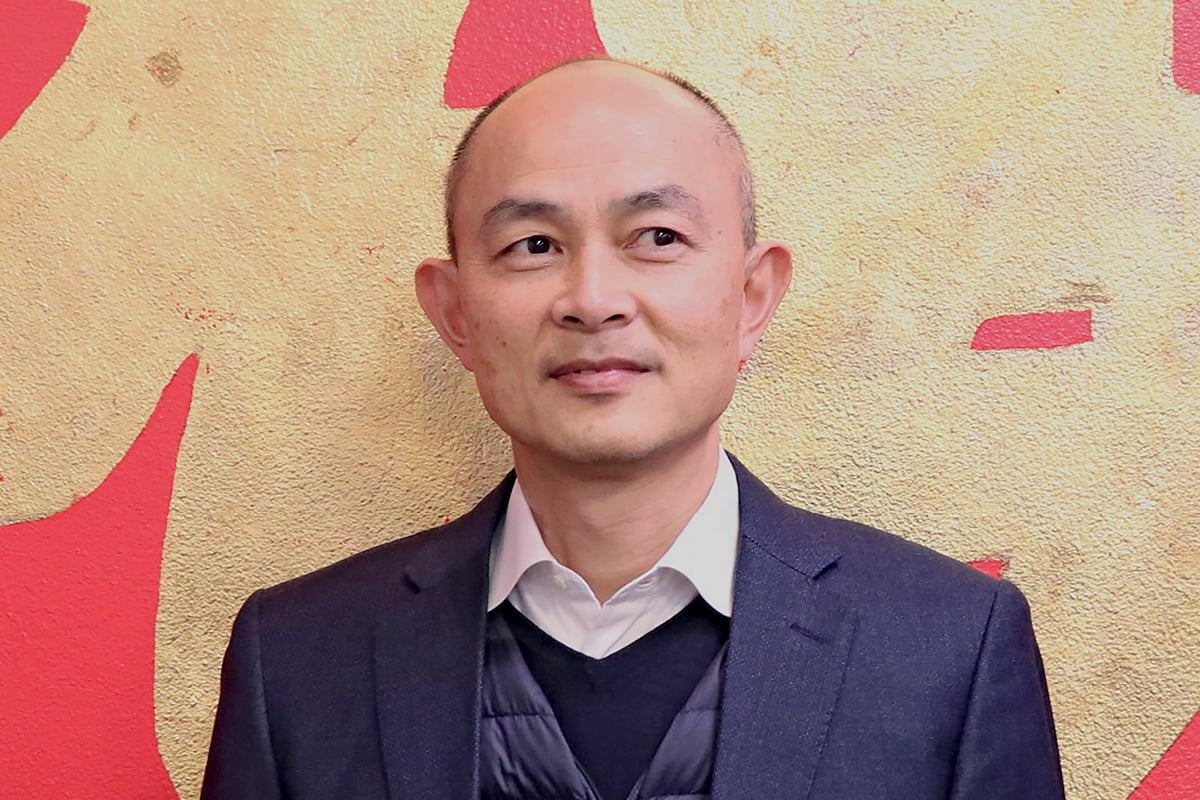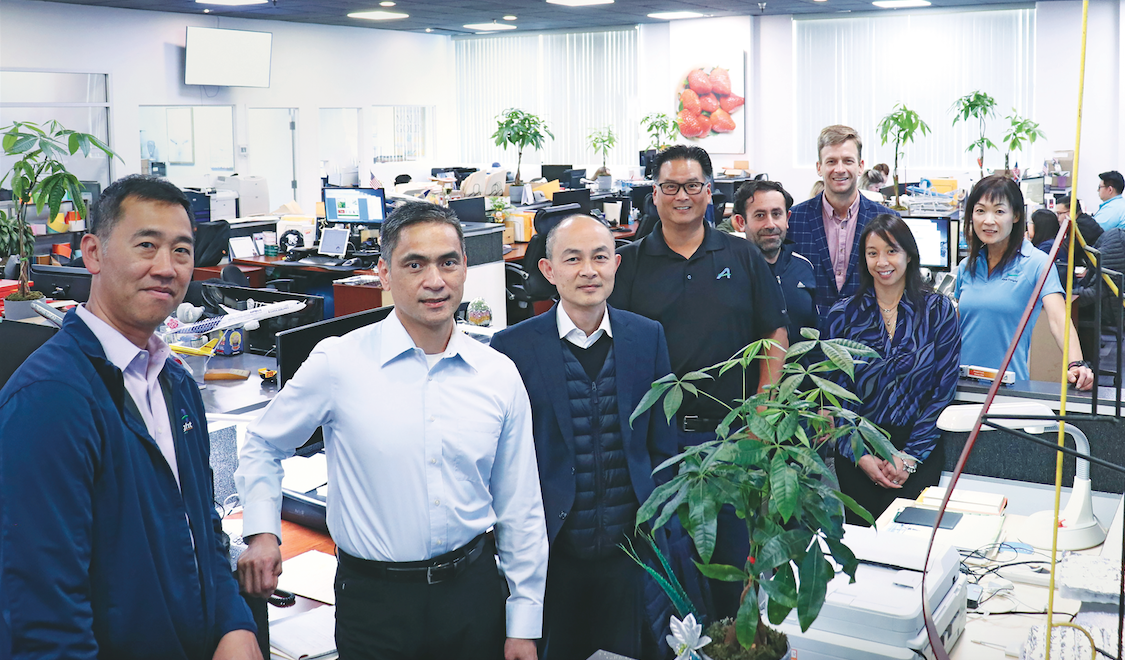“To excel in this business, you really have to be proactive.”: Orlando Wong
Passionate about air freight, Able Freight CEO Orlando Wong is championing visibility and transparency to drive innovation in this very traditional industry.
Orlando Wong knew he’d found what he wanted to do for the rest of his life within his first month of working in air freight. "It’s a very fast-paced business," he explains, having landed the role after a short, but "slow and boring", stint in the ocean freight department.

"It constantly changes; nothing is ever the same. You do a lot of problem solving and you really need to understand the mechanics of every individual shipment." Three decades into his career, that same passion is still what gets him out of bed every morning.
"You really have to like what you do," he says. "If you do your bare minimum, you’ll go nowhere. To excel in this business, you really have to be proactive." In 1994 – eight years after first discovering the industry – he instituted temperature-sensitive cargo specialist Able Freight.
Today, with 44,000 shipments (the equivalent of 90 million kilograms) per year, more than 25 strategic airline partners and 400-plus employees, the Los Angelesheadquartered company is the largest independent perishables freight forwarder in the market, shipping everything from pharmaceutical goods to fruit, vegetables, flowers and meat.
Able Freight has a large, diverse customer portfolio that includes growers, brokers, shippers, multinationals and even the US Military. While some of his competitors are household names, Orlando believes that his company has "many more advantages to offer" when compared to the bigger players.
"We have a robust network of specialized and proven partners – perishable logistics professionals in destinations around the world – who share the same passion and dedication as we do," he says.
These global agents are experts in the field, and Orlando refers to them as his "local heroes". These collaborations – and the communication channels they represent – become even more critical when considering how stagnant his industry is.
"It’s very antiquated," he acknowledges. According to Orlando, much of the problem lies in the lack of transparency, even within companies themselves. "How are you meant to improve anything if everyone is hiding information?" he asks.
Yet, by reversing the typical top-down approach to operational efficiencies, he has been able to do just that. "There are so many people who claim they are an expert, just because they have done something once or twice. If you really want to improve the industry, you need to talk to the people who are doing these things on a day-to-day basis," he explains.

The company has also been able to differentiate itself through technology – more specifically, how it uses the latest innovations. "What technology has allowed us to do is tie information together in an open platform and pull it together with the internal data that we have. This gives clients end-to-end visibility in real time, including warehousing air freight, customs clearance, agricultural clearance, last-mile delivery and temperature tracking," he explains.
"We’re not doing anything new; we’re just being more proactive with the data," he continues. While it allows the company an insight into cost and quality control, customers receive a little helping hand with things like predicting the shelf-life of their perishable goods.
It’s all part of his quest to give every stakeholder with up to 55 links in a transport chain one thing: visibility. "Without it, there’s no accountability," he says. "I don’t think anyone should be afraid of transparency, because, as an industry, we cannot improve without it."
But no innovation in the world can replace the human touch, and Orlando knows that the key to success lies in finding freight professionals who share his passion. "There is plenty of business opportunity out there," he says.
"If a company wants to be successful, it really needs to surround itself with the very best people." Here, he acknowledges, lies the company’s true USP. "We have competent people who love what they do and are all part of the decision making," he explains.
"We make decisions from the bottom up; we collaborate and work unselfishly with each other to offer true facts and come to amicable solutions." He’s delighted to see that the new generation entering the workforce is displaying a similar passion for the industry he cares for so deeply.
"With all the technology available and their forward-thinking mindset, they want to make a difference," he says. "I think we’ll all benefit from it."